Latest News
Bet Builder Q&A w/Abelson Sports’ CBO Jeevan Jeyaratnam
As bet builders continue to shape the future of sports betting, Abelson Sports is raising the bar with a user-first approach. In this exclusive Q&A, Jeevan Jeyaratnam, Chief Betting Officer at Abelson Sports, explains how their latest Bet Builder product combines intuitive design, deep player market integration, and operator-friendly features to drive engagement and meet the evolving expectations of today’s bettors.
What makes Abelson Sports’ bet builder stand out from existing products in the market, particularly in terms of player engagement and operator value?
Our bet builder focuses on the most relevant betting opportunities for customers and presents them in an easy-to-use format. We know customers like to place pre-built bet builders to reduce time to bet placement and we have given these prominence throughout the product. We also know engagement with player-based markets is high within bet builders and so we have created a UI which shows all of a player’s available betting options in a single screen. By making it simpler and more intuitive for customers to place bet builder bets we believe it will stimulate engagement and turnover on what is already a high margin product.
Can you elaborate on how user experience and market presentation were prioritised in the development process?
User experience and market presentation are central to the product and guide every stage of its development. While these priorities are most visible through the front-end design, they also shape the back-end architecture. For example, the system uses operator-provided input markets to align bet builder odds closely with those already offered by the operator. It also adopts the operator’s naming conventions for teams and players to ensure consistency for customers. The aim is to deliver a product that is simple for users to navigate, while seamlessly integrating into an operator’s existing sportsbook.
How does the Bet Builder leverage your Football Player Markets feed, and what advantages does that integration offer to sportsbook operators?
With player props at the heart of the product, it’s only logical to rely on the highest quality data feeds. Abelson’s Football Player Markets feed, trusted by many of the industry’s leading operators, is the ideal solution to showcase the full potential of a bet builder.
Football Player Markets now delivers up to 56 markets per player, per match, offering unmatched selection accuracy, advanced squad management, and a proven track record of high-margin returns. Integrating Abelson’s feed enables operators to maximise value across player props, whether in a standard sportsbook, bet builder iframe, or API-driven solution.
Beyond being a premium-tier props feed, Football Player Markets also provides streamlined access to an expanding portfolio of sports, pricing, and settlement data via a curated group of third-party partners, including ALT Sports Data, nVenue, Pro League Network, Rimble, and SailGP.
Why is it important for operators to prioritise and promote player-first Bet Builder products?
Operators have consistently told us that player-focused markets are a hit with customers, especially within bet builder products. The ability to combine these markets with others that feel realistic while generating higher combined odds is a core part of the bet builder experience.
We’ve enhanced this on the front-end by introducing dedicated player screens that display all available betting options for a single player. This streamlines the process of building multi-selection bets focused entirely on one player. It’s a simple, intuitive experience for customers who want to create player-centric bets, while still accommodating those who prefer to include team-level markets.
From a marketing perspective, individual players are now often just as popular, if not more so, than the teams they represent. This shift makes player-first betting an effective promotional tool, offering brands a compelling way to engage customers and deliver a product experience that aligns with how fans follow the sport today.
How do you see the Bet Builder evolving in terms of functionality or market expansion?
We’re committed to continuously evolving and expanding our product offering by analysing data, listening to our partners, and staying ahead of industry trends. In particular, we see strong opportunities in the growth of stats-based markets, across events, teams, and players as these become more prominent in both data feeds and media coverage.
A core focus for us will remain the smart management and presentation of an increasing number of markets, ensuring they stay relevant and easy to navigate for users. From a technical standpoint, we’re actively exploring the use of machine learning and AI, especially in generating pre-built bet builder options. By leveraging the data we collect, we aim to keep these suggestions timely, engaging, and personalised. We also have a number of innovative features in development that we’re excited to unveil later this year.
The post Bet Builder Q&A w/Abelson Sports’ CBO Jeevan Jeyaratnam appeared first on European Gaming Industry News.

Latest News
FairPlay Sports Media and FOX Sports Digital Launch New Betting Hub
FairPlay’s betting technology and AI-powered predictive content drive deeper fan engagement and deliver media opportunities and revenue
FOX Sports Digital and FairPlay Sports Media, the fan-focused and AI-powered global sports media network, have announced a strategic betting tech, affiliate and sports media agreement.
Under the multi-year agreement, FairPlay will serve as the exclusive sports betting affiliate technology provider of FOX Sports Digital, deploying its market-leading odds components, advanced AI-powered predictive data and analytics, and cutting-edge technology solutions on FOXSports.com and the FOX Sports mobile application.
The new relationship powers the newly released FOX Sports Betting Hub which integrates FairPlay’s innovative sports betting-related content enhanced with bespoke, value-added experiences derived from FairPlay’s deep relationships with global sportsbook operators.
“FOX Sports is one of the largest sports rights holders in the world, with incredible access to live games and global events,” said Stuart Simms, Group CEO of FairPlay Sports Media. “FairPlay is excited to work with the FOX Sports Digital team, and we’re honored to serve their millions of users with more engaging, insightful sports media experiences that have proven to drive loyalty, engagement and deliver on brand differentiation.”
FairPlay’s advanced AI technology and robust odds components are already delivering real-time, data-driven insights to help FOX Sports fans and bettors, while monetization frameworks being deployed create revenue opportunities for operators, sportsbooks and digital media buyers.
The agreement enhances and elevates fan engagement by bringing FairPlay’s betting information technology and AI-powered tools to FOX Sports’ digital platforms. FairPlay’s approach enables FOX Sports digital users and fans to access personalized, data-driven betting analytics that deepen their connection and engagement with sports content. As the sports media and betting landscapes continue to evolve, the FOX Sports and FairPlay agreement delivers pioneering, scalable digital experiences for fans and operators alike.
The post FairPlay Sports Media and FOX Sports Digital Launch New Betting Hub appeared first on Gaming and Gambling Industry Newsroom.
Latest News
Betfred Launches Checkd Dev’s Automated Betting System to Strengthen Football Betting Offering
Checkd Dev, part of the award-winning Checkd Group and a leading iGaming technology provider, has signed a multi-year agreement to supply its Automated Betting System (ABS) to UK bookmaker Betfred, introducing new levels of efficiency and engagement to pre-match football accumulator betting.
Through the partnership, Betfred has launched a suite of pre-configured, one-click accumulator bets, powered by Checkd Dev’s ABS technology and seamlessly integrated with Betfred’s proprietary pricing.
The solution enhances the customer betting journey while equipping Betfred’s trading team with a robust backend platform to streamline bet creation, management, and settlement. Customers benefit from football bets that are dynamically assigned probabilities based on historic form, providing greater insight and confidence in their selections.
The launch of ABS reinforces Betfred’s reputation as an industry innovator, offering customers smarter, faster, and more engaging betting experiences.
Checkd Dev has refined its ABS user interface through deployments with multiple tier-one operators. Betfred has further strengthened the proposition by integrating its competitive Acca Flex bonus offer, available from launch. Customers can access additional bonuses if their bet wins, while also benefiting from a money-back guarantee if a single leg loses.
Since its introduction two years ago, Checkd Dev’s ABS has evolved from a statistics-driven tool to increase operator conversion rates into a comprehensive system designed to meet the growing demand for automated, pre-configured betting products, powered by the company’s proprietary BRUNO platform.
This agreement extends Checkd Dev’s recent growth trajectory, following high-profile partnerships with William Hill on a fully automated, stats-powered Bet Builder, and a three-year deal with OpenBet to launch a new Trending BetBuilder to market.
Andrew Grimshaw, Commercial Director at Checkd Dev, commented: “We are delighted to be working with fellow Mancunians Betfred on our Trending Bets product. More and more major bookmakers are recognising the tangible value of our automated betting solutions, and it is especially gratifying to collaborate with a local partner on this launch.”
Mark Hartley, Head of Product at Betfred, added: “Since moving onto our propriety platform, we’ve been able to bring new ideas to market much faster. This partnership with Checkd Dev is a great example, helping us solve a simple problem for football fans: researching and building an accumulator can sometimes feel like hard work!
“With one-click, data-driven selections we’ve made the process quicker and easier, while still giving customers the choice and depth they want. Accas are already one of our most compelling propositions, thanks to our popular promotion Acca Flex, and this launch makes them even more engaging. We’re also looking forward to exploring further opportunities to work with Checkd Dev in the future.”
The post Betfred Launches Checkd Dev’s Automated Betting System to Strengthen Football Betting Offering appeared first on Gaming and Gambling Industry Newsroom.
Latest News
Slotland’s Crown Jewel, Gods of Egypt, Resurrects with Enhanced Features
Legendary Title Reborn for a New Generation of Fortune Seekers with Freebies and Bonuses until December 28th
Slotland Entertainment has ceremoniously relaunched its legendary title, Gods of Egypt, across its casinos Slotland, Winaday and now including CryptoSlots and CryptoWins. This revered 5×4, 30-payline slot invites players into a grand temple of mythic wealth.
Wager $1.50 to $30 to awaken divine features: Ra’s Sticky Expanding Wilds, Bastet’s gem-triggered Free Spins, and a Pick Me Bonus with layered treasures. For those betting $15 or more, five Pharaoh symbols unlock the progressive jackpot.
“Gods of Egypt has always been a crown jewel in our collection,” said Michael Hilary, Manager at Slotland. “This relaunch across our entire empire allows a new generation of players to experience its timeless magic and seek its legendary rewards.”
Framed by the regal visages of Anubis and a jeweled queen, the game creates a ceremonial atmosphere of arcade spectacle. It is a call to modern seekers: enter and claim your ancient riches.
WINADAY CASINO: Available December 19 – 28, 2025
Up to $111 FREEBIE chip
- For platinum VIPs, $88 for Gold VIPs, $55 for Silver VIPs, $44 for Bronze VIPs, $20 for ALL
- Redeem: 1x, wager: 29x, max cashout 5x, depositing players only
- Bonus Code: FREEBIE2025
Up to 155% NEW GAME BONUS
- For VIPs, 100% for ALL
- On deposits on $10 – $250
- Redeem: 2x per day, wager: 29x, valid: Gods of Egypt
- Bonus code: NEWSLOT
CRYPTOSLOTS: Available December 17 – 25, 2025
123% VIP TREASURE MATCH
- On deposits $50-500
- Redeem: 1x per day, wager: 35x, valid: Gods of Egypt
- Bonus code: VIPNEW
77$ DESERT GOLD MATCH
- On deposits 200 – $400, 65% on $100 – $199, 50% on $10 – $99
- Redeem: 2x per day, wager: 35x, valid: Gods of Egypt
- Bonus code: NEWIN
The post Slotland’s Crown Jewel, Gods of Egypt, Resurrects with Enhanced Features appeared first on Gaming and Gambling Industry Newsroom.
-
Latest News3 months ago
Announcement: 25th September 2025
-

 Latest News6 days ago
Latest News6 days agoSCCG Announces Strategic Partnership with Yellow Elephant Studios to Expand Multi-Channel Gaming Content Worldwide
-
Latest News1 month ago
JioBLAST Launches All Stars vs India powered by Campa Energy: A New Era of Creator-Driven Esports Entertainment
-
Latest News3 months ago
The Countdown is On: Less Than 3 Months to Go Until The Games of The Future 2025 Kicks Off in Abu Dhabi
-
eSports1 month ago
CS:GO Betting Gains Momentum in the iGaming Sector
-
Latest News2 weeks ago
THE 2025 PUBG MOBILE GLOBAL CHAMPIONSHIP GROUP STAGE WRAPS UP WITH LAST CHANCE IN SIGHT
-
Latest News3 months ago
Leading The Charge! Euronics Group Joins LEC As Official Electronics Retail Partner
-
Latest News3 months ago
Evolution launches Sneaky Slots — a Bold New Slot Studio




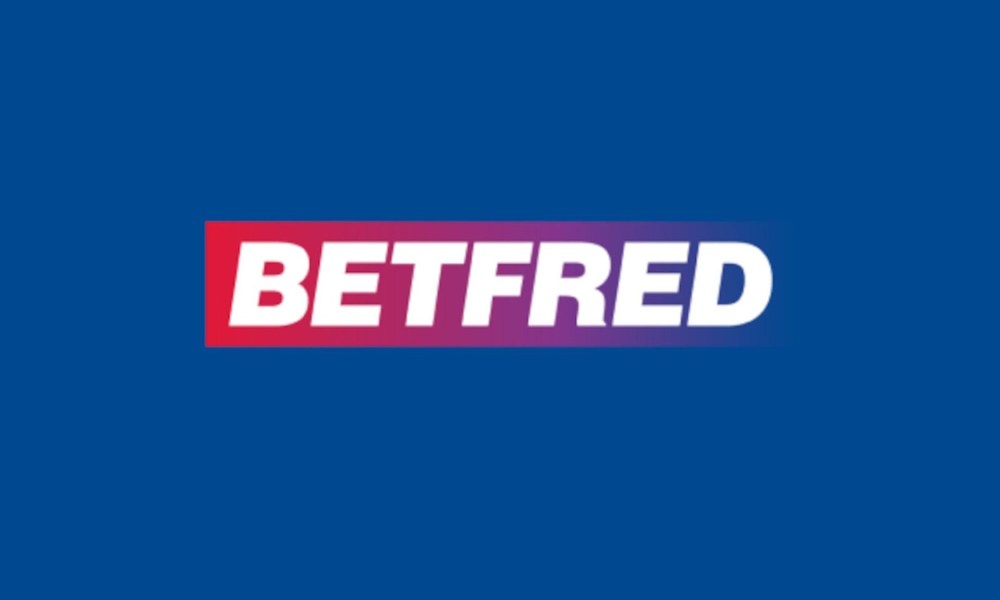
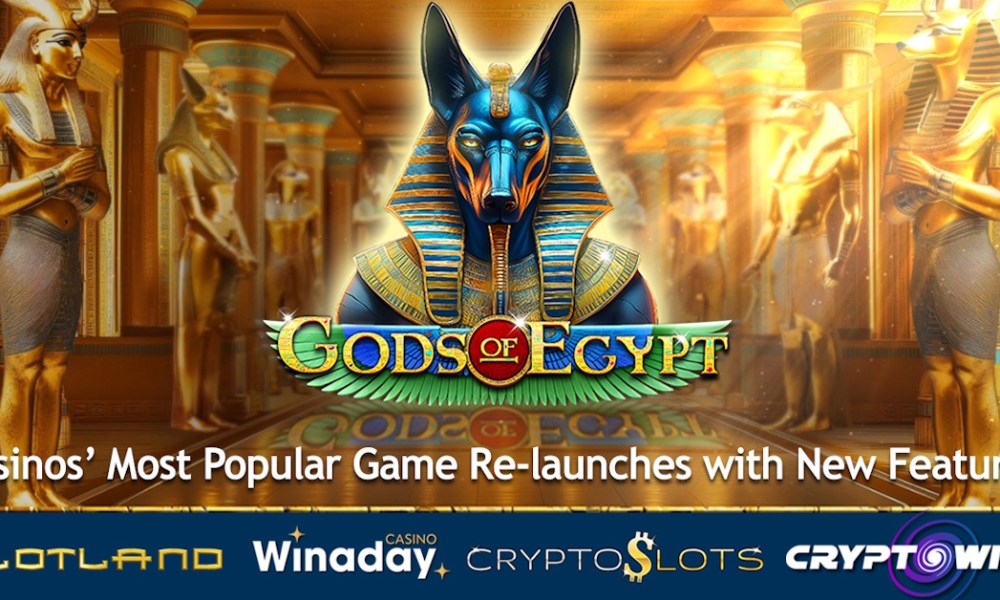


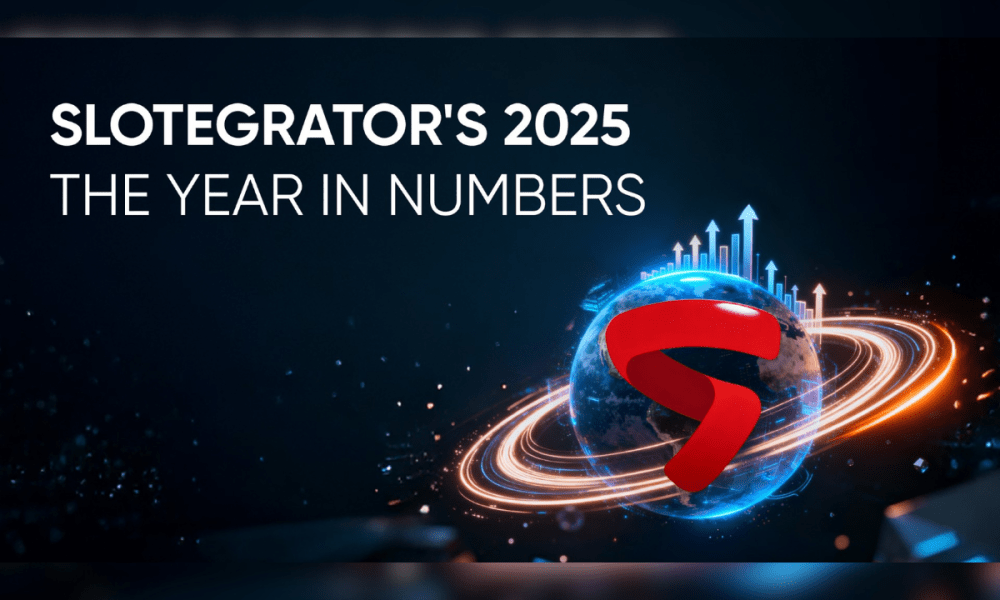
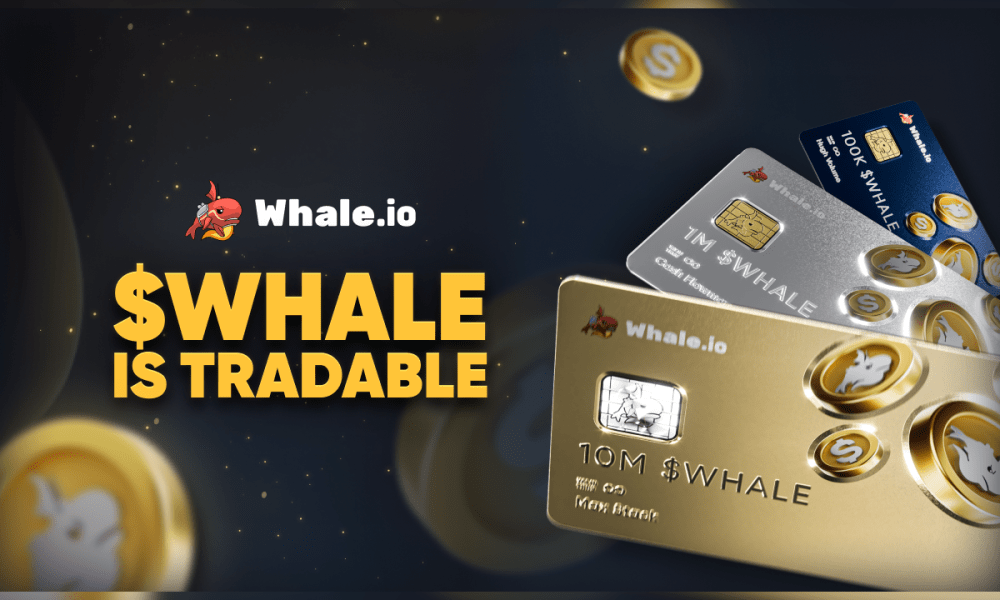
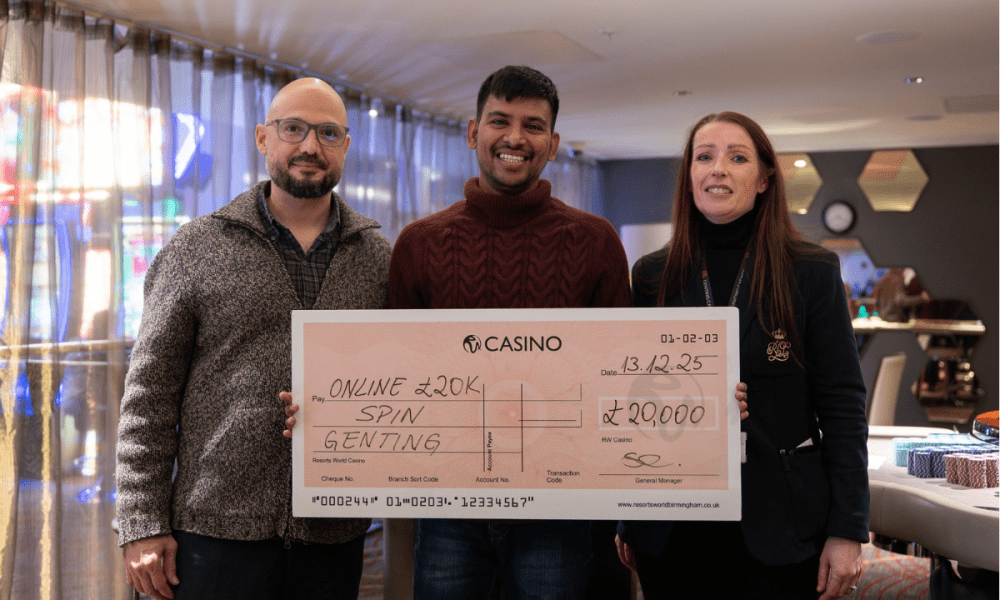

You must be logged in to post a comment Login